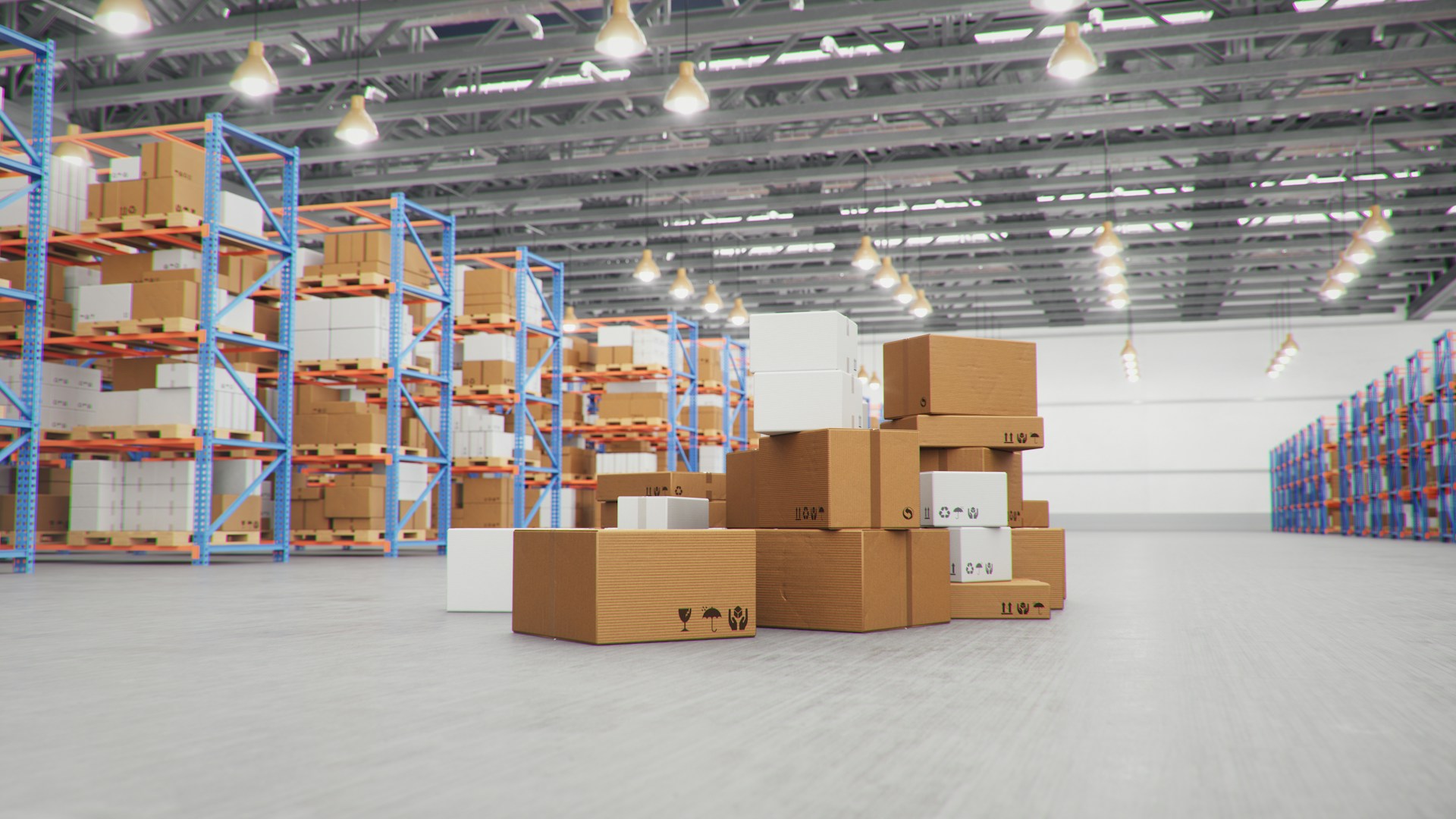Essential Insights: What Businesses Need to Know About LCL Shipping
Whether you’re a business shipping goods across the country or across the globe, understanding the difference between LCL (Less than Container Load) and FCL (Full Container Load) shipping can be a game-changer for your logistics strategy. These shipping methods are crucial to optimising logistics costs and efficiency and could be the key to taking your business to new heights.
Today, with insights from pallet delivery specialists Pallet2Ship, we will explore how LCL shipping has benefited businesses worldwide and why it might be the right choice for you.
What is LCL Shipping?
LCL is a freight shipping method where your goods only take up part of the container. In this shipping mode, they share space with other shippers’ cargo in one consolidated container. This is an ideal solution for businesses with smaller shipments of just a few pallets.
What Are the Advantages of LCL Shipping?
There are several advantages to choosing LCL shipping. Firstly, it’s incredibly cost-effective. You only pay for the space your cargo occupies within the container, making it a more economical choice for smaller volumes.
Secondly, LCL shipping allows you to ship smaller quantities more frequently, helping you manage inventory levels and improve cash flow efficiently. It also opens up the opportunity for international shipping to businesses that don’t have the volume for FCL, expanding market reach.
LCL: Making Shipping Easy
The LCL shipping process is relatively straightforward. Your goods are combined with other LCL shipments at a warehouse or container freight station (CFS). Then, the consolidated cargo is carefully loaded into a container, optimising space and ensuring safety. The container is transported via the selected freight method to the destination port, where it’s unloaded, and your goods are separated from other shipments.
FCL (Full Container Load) shipping is a suitable alternative for larger shipments with enough cargo to fill a container. This involves renting an entire container for your exclusive use. This has many benefits but also comes with a higher price point.
Is LCL Shipping Right for You?
The choice between LCL and FCL depends on several factors:
- Shipment size: LCL is generally more cost-effective for smaller shipments, while FCL becomes more economical as your volume increases.
- Cargo type: If your cargo requires special handling, temperature control, or enhanced security, FCL may be a better option.
- Transit time: FCL shipments often have slightly faster transit times than LCL due to less handling at consolidation points.
- Expense: LCL can be a good entry point for businesses with limited shipping budgets.
If you’re considering LCL shipping, there are a few essential considerations worth keeping in mind:
- Packaging: Proper packaging is essential to protect your goods during consolidation and handling.
- Documentation: Accurate and complete documentation is crucial for smooth customs clearance and delivery.
- Transit time: LCL shipments typically take longer than FCL due to the consolidation and deconsolidation processes—factor in this additional time when planning your supply chain.
- Insurance: Consider cargo insurance to protect your investment against loss or damage during transit.
Understanding the nuances of LCL and FCL shipping can help you make informed decisions about your logistics strategy. LCL shipping can be a valuable tool for businesses of all sizes, offering cost savings, flexibility, and efficient inventory management.
If you’re looking for a reliable and cost-effective way to ship smaller quantities of goods, LCL shipping might be the perfect solution for your business.

